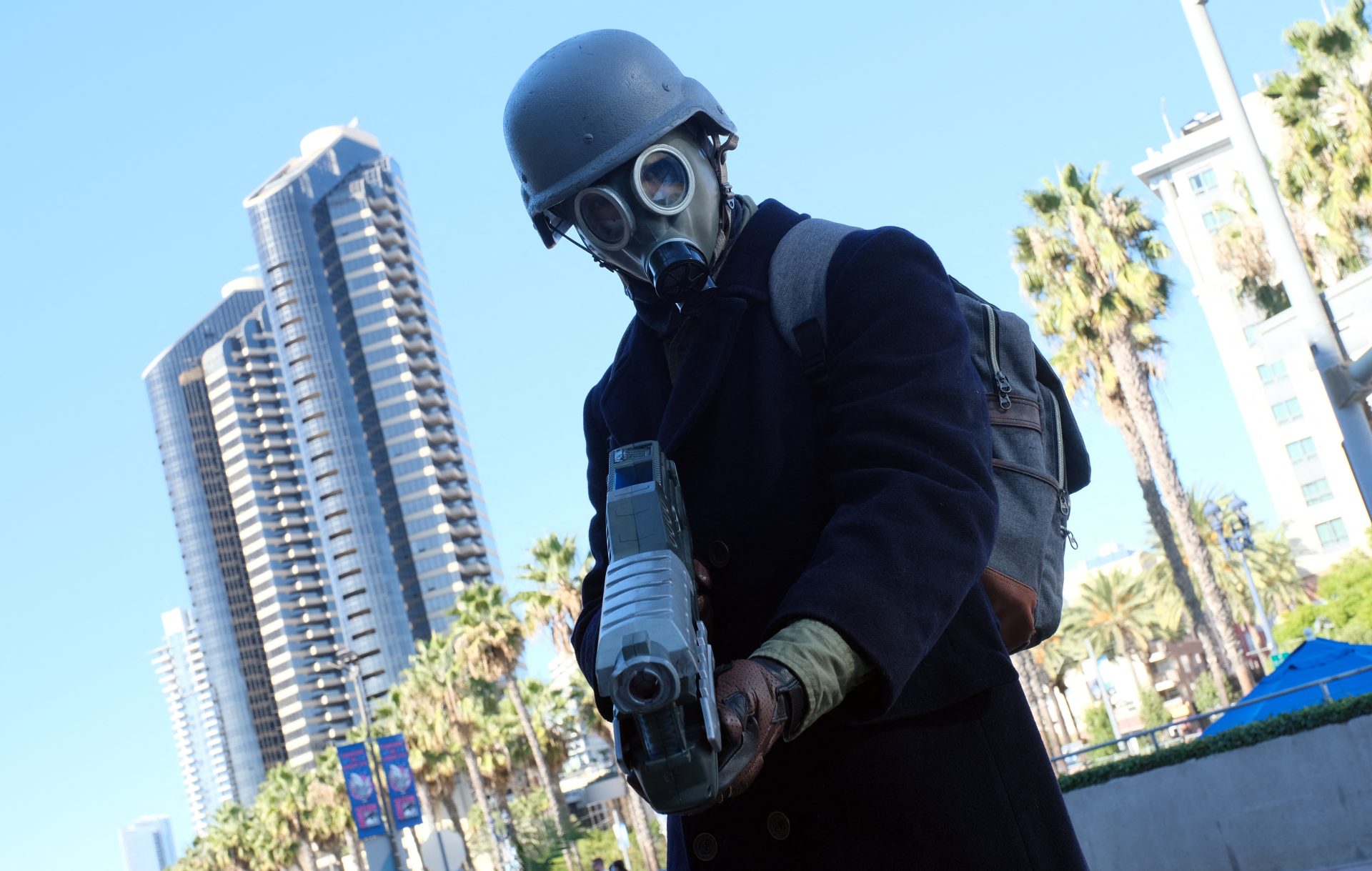How to move forward in a disruptive, volatile, and chaotic world? In what form does Christian theology and mission take in view of a world in crisis? When many people on the ground are experiencing an “apocalypse” in their lives — from Ukraine to Gaza, from victims of extrajudicial killings to victims of climate disasters, in what form does missiology take?
In such a context, I plead for an “apocalyptic missiology”.
Apocalyptic discourse is blamed for apathy and inaction because it is fear-mongering. If a crisis will surely end in catastrophe, can our insignificant steps prevent it? Is there a space for human responsibility in apocalyptic contexts?
Metz writes: “Our apocalyptical consciousness is not threatened with a paralyzing fear of catastrophe. It is, on the contrary, called upon to display a practical solidarity with the least of the brethren; that is clear from the apocalyptic chapters at the end of the gospel of St. Matthew.”
In short, for Metz, it is the sense of the end that leads us out of ourselves and to be responsible for the marginalized and the excluded. Apocalyptic spirituality is not about a frantic concern for one’s salvation in the face of God’s imminent arrival. No, it is about being in “practical solidarity” with the hungry, the thirsty, the mournful, and the lowly—for this is a sign that God’s kingdom has come into our midst (Matthew 25).
The great Protestant missiologist, David Bosch, echoes the same idea. In his book Transforming Mission, he calls St. Paul an apocalyptic. And Paul’s extensive missionary work is driven by apocalyptic missiology.
“Whereas in some early Christian circles, an ardent expectation of the imminent end tended to dampen the idea of a wide-ranging missionary outreach, exactly the opposite is true in Paul’s case: ‘He is the herald of the gospel… and all of this is part of his eschatological mission’.”
In times of apocalyptic crises, church people tend to be sectarian and exclusivist. We are tempted to get out of society and get into the church lifeboat to be concerned with our own salvation because the end is near. In the words of Pope Francis, in times of crisis, we tend to be a “self-referential church”, concerned only of our own self-preservation.
Paul was unlike the Parousia enthusiasts of his time. His zeal for the mission led him to go out beyond his borders, to preach to the Gentiles, to do more — because, in truth, we “can only proclaim the lordship of Christ, not inaugurate it; it remains the prerogative of God himself to usher in the end.” Authentic apocalyptic hope thus compels us towards ethical responsibility.
In theological language, Metz writes: “The Christian idea of imitation and the apocalyptic idea of the imminent expectation belong together. It is not possible to imitate Jesus radically, that is, at the level of the roots of life, if ‘the time is not shortened’. Jesus’ call: ‘Follow me!’ and the call of Christians: ‘Come, Lord Jesus!’ are inseparable.”
I would like to end with the mothers and widows of the extrajudicial killings. Despite the deaths of their breadwinners, they have survived the “apocalypse” of their lives, the killings. As if it was not enough it was not enough, another apocalypse came, the pandemic. But they survived.
The then Vice President of the Philippines, Leni Robredo, gave them a surprise visit to encourage them in their work. She entrusted them to sew more PPEs and face masks which the world desperately needs during the pandemic.
While the whole world lost their jobs, or while the Duterte government was busy cashing in on imported face masks from China, ironically the widows were honestly sewing facemasks to provide for their families.
One widow told me: “Our husbands were killed by armed men wearing facemasks. Now, we are making facemasks not to kill but to make people live.”
In the post-apocalypse, not everything is perfect. People are still mourning in pain, some are still struggling to survive. The reality of loss slowly begins to set in. But life continues. Life has to continue.
And in the struggle for survival, the same victims are on a mission to also help others survive.
[An excerpt from my talk at the IAMS Conference entitled “Global Crisis and Mission: A Plea for an Apocalyptic Missiology”, De La Salle University, Manila, November 22, 2023.]
Father Daniel Franklin Pilario, C.M., is a theologian, professor, and pastor of an urban poor community on the outskirts of the Philippine capital. He is also Vincentian Chair for Social Justice at St. John’s University in New York. The opinions and views expressed in this article are those of the authors. They do not purport to reflect the opinions or views of LiCAS News or its publishers.







